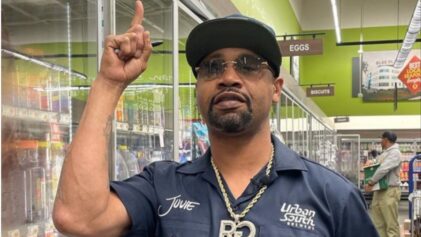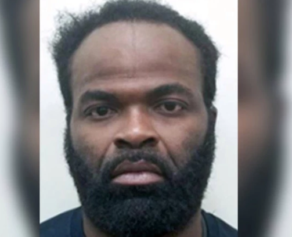It is seldom that a politician can move me down to my core, but New Orleans Mayor Mitch Landrieu had me nearly in tears Thursday.
Addressing the opening ceremony for the National Association of Black Journalists (NABJ) convention in the Big Easy, Landrieu spoke in lyrical and, at times, poetic detail about the slayings that have taken place in his city and their connection to the deaths of young black men across the country.
In February, Landrieu launched a strategic initiative aimed at finding ways to stem the tide of killings in New Orleans. The mayor said that on average 241 men—most of them black—have been slain every year in the city since 1979.
He recounted in exacting detail several recent slayings that took not only young black men, but children as well.
“This is far bigger than a New Orleans problem. Last year, 13,000 people were murdered on our (nation’s) streets and the victims were (dis)proportionately African-American men,” more dead from killings than the total number of people killed in the Sept. 11, 2011 terrorist attacks and the wars in Afghanistan and Iraq combined.
“Over a trillion dollars spent on those wars and how much have we spent on trying to save the lives of these young men?” Landrieu said.
“If the Ku Klux Klan killed 200 African Americans on the streets of New Orleans, the city would be on lockdown. If 200 white men were killed on the streets of New Orleans there would be hell to pay.”
And that’s the point! There is no sense of urgency about these kinds of things until some major catastrophe strikes and then there is much hand-wringing and gnashing of teeth over why these problems of homelessness, joblessness and crime, particularly homicides, never seem to go away.
It wasn’t Landrieu’s recitation of the data, or even his smooth writing and speaking skills that got to me. It wasn’t even that in the funnier moments this white man was at turns hip and wry in his delivery, schooling the audience on what it meant to be a New Orlean (Or-lee-ann).
It was the love.
Landrieu is New Orleans. The son of a political dynasty in Louisiana politics, he loves his hometown, grew up in its heart and you can hear the worry and the pain and the struggle to find a way to make everyone in that city whole—especially black men who, he said, are not valued enough.
He sounded like a father, brother, son who knows how it feels to lose someone close, to be awakened in the middle of the night with bad news, knowing that only the immediate family is likely to care whether that someone died. In fact, he said, some would say that many young black men lead lives that dig their own graves and that they only got what was coming to them.
The killings, Landrieu said, fill us with fear and hate, as well as “the evil notion” that black men’s lives have no value.
“It should be clear to you,” Landrieu said, “that young black men are invaluable. In fact, they are priceless.”
Let the church say Amen.
Jackie Jones, a veteran journalist and journalism educator, is director of Jones Coaching LLC, a career transformation firm.


